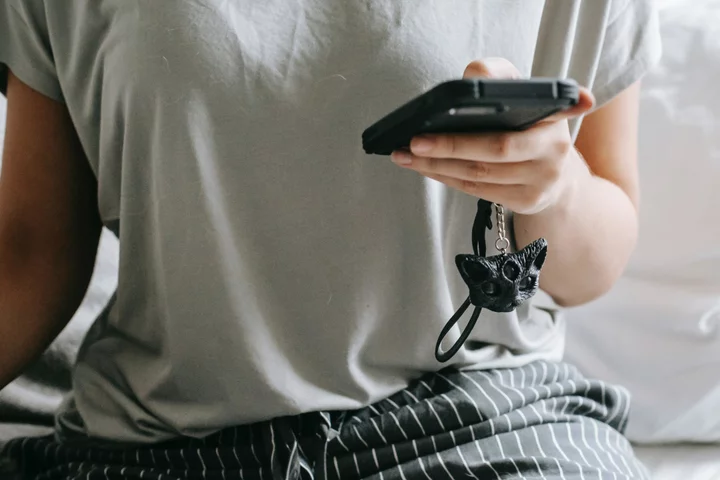
AdultFriendFinder is essentially a porn hookup site that's stuck in the past
This content originally appeared on Mashable for a US audience and has been adapted for
2023-05-25 20:17

Google Bard Can Now Respond in Real Time
Google Bard now has a “respond in real time” option, 9to5 Google reports. Bard is
2023-10-29 05:19

'Belligerent' passenger arrested after hitting flight attendant with intercom phone, Frontier Airlines says
A "belligerent" passenger who was asked to leave a plane departing from Denver was later arrested for striking an airline employee with an intercom phone, Frontier Airlines said in a statement Sunday.
2023-05-22 02:48

Lenovo Tab Extreme Review
The $949.99 Lenovo Tab Extreme is an enormous Android tablet that targets would-be Samsung Galaxy
2023-07-08 02:18

Climate activists turn Rome's Trevi Fountain black
Climate activists in Italy turned Rome's famous Trevi Fountain black on Sunday, saying floods that have killed 14 people in...
2023-05-21 21:25

Lenovo ThinkBook 14s Gen 3 Review
What do you do if you're a small-business owner who wants a versatile 2-in-1 laptop
2023-06-25 08:29

How to watch the Georgia vs. Kentucky game without cable
Quick links for the Georgia Bulldogs vs. Kentucky Wildcats game: BEST OVERALL YouTube TV free
2023-10-06 17:53

Takealot Starts Cape Town Rapid Delivery Before Amazon Comes
Takealot, South Africa’s leading online retailer, is introducing delivery within an hour for items ranging from phone chargers
2023-08-17 16:48

Paychex Named to Selling Power’s 2023 “50 Best Companies to Sell For” List
ROCHESTER, N.Y.--(BUSINESS WIRE)--Jul 12, 2023--
2023-07-12 21:23

Netflix's 'Mask Girl' teases a cam girl thriller with a killer twist
Netflix has dabbled in the world of cam girl horror/thrillers before with Daniel Goldhaber's CAM,
2023-07-20 18:19

What is Bethenny Frankel's 'reality reckoning?' Former Bravo star promotes unionization for reality stars
The Hollywood powers that be are under siege. There's the writers' strike. And the actors'
2023-08-18 17:53

Van Gogh's frenzied final days highlight of new show
Vincent Van Gogh's feverish final months in a French village, when he churned out masterpieces even as he spiralled into despair, are the subject of a one-off...
2023-05-11 14:52
You Might Like...

How to unblock U.S. Netflix for free with this high-speed VPN

These Are the World’s Most Liveable Cities in 2023

Watch or record some cool birds with these $100 digital binoculars

Sexual-Abuse Suits Are Filed Against Celebrities, Politicians as NY Law Expires

Five European countries will extend ban on Ukraine's grain but let it head to other places

How to watch U.S. Prime Video from anywhere in the world

Ferrari duo set early Singapore pace as lizards disrupt first practice session

It's Real! Lenovo Legion Go Gaming Handheld Images Leak
